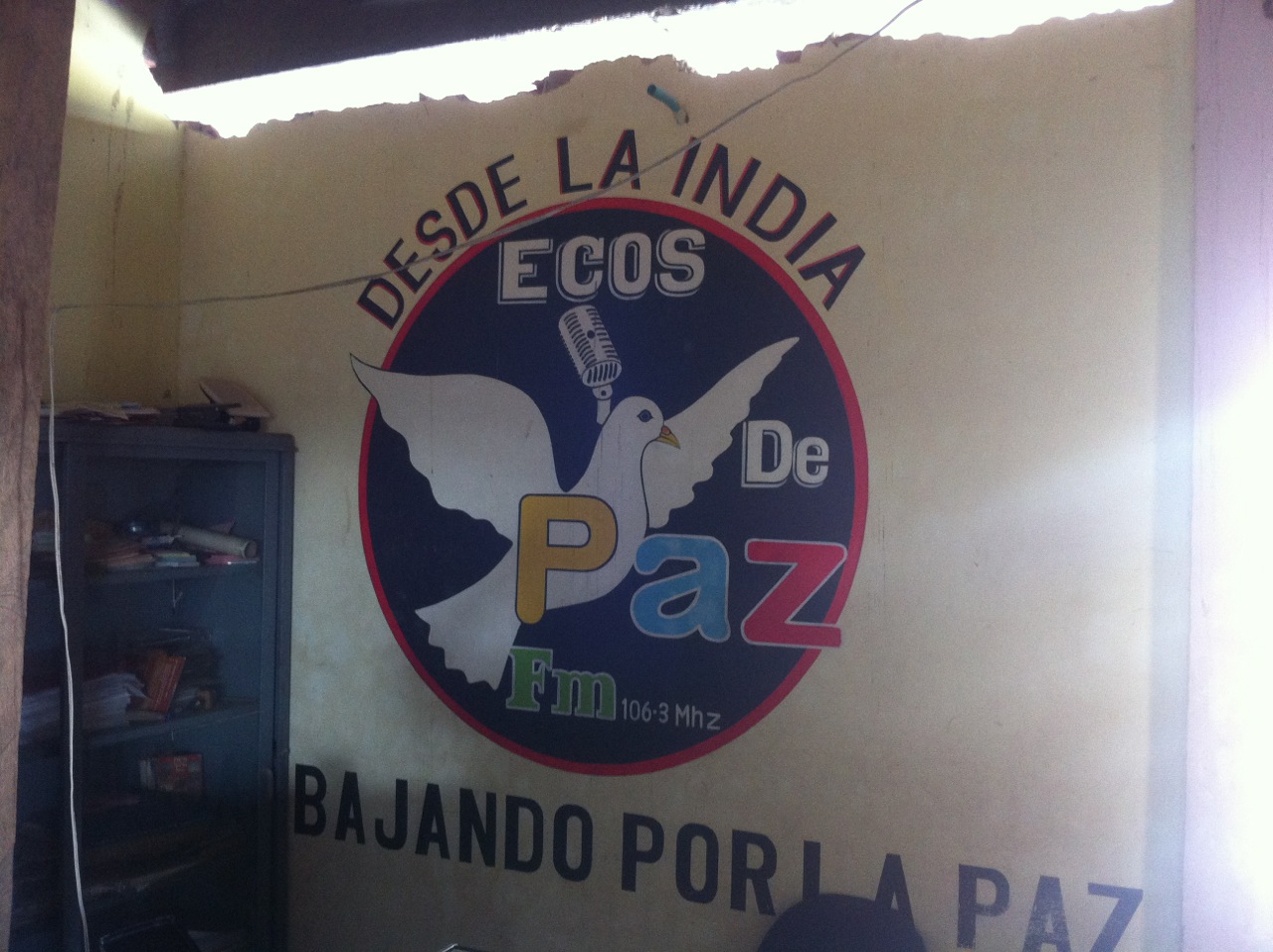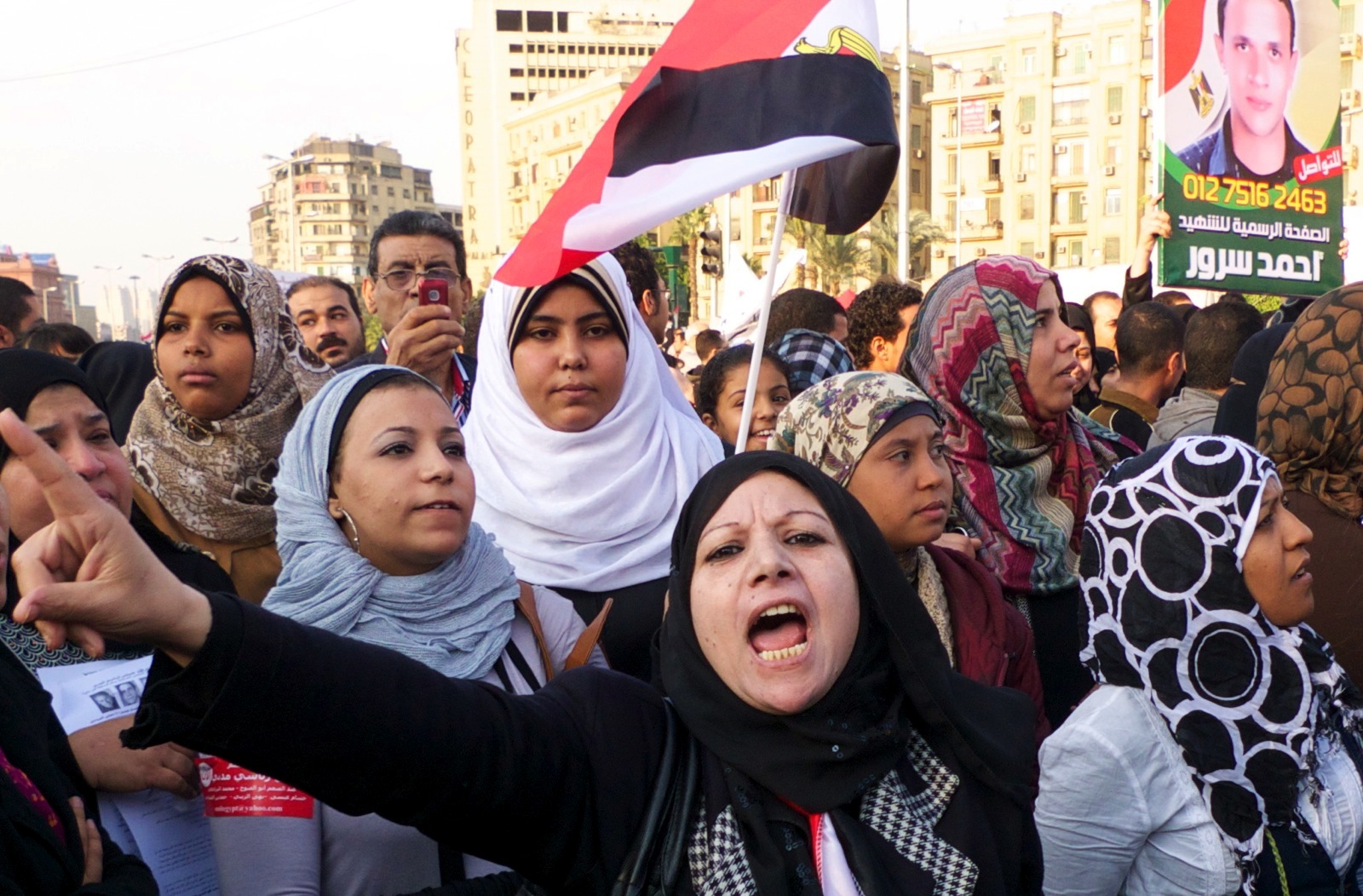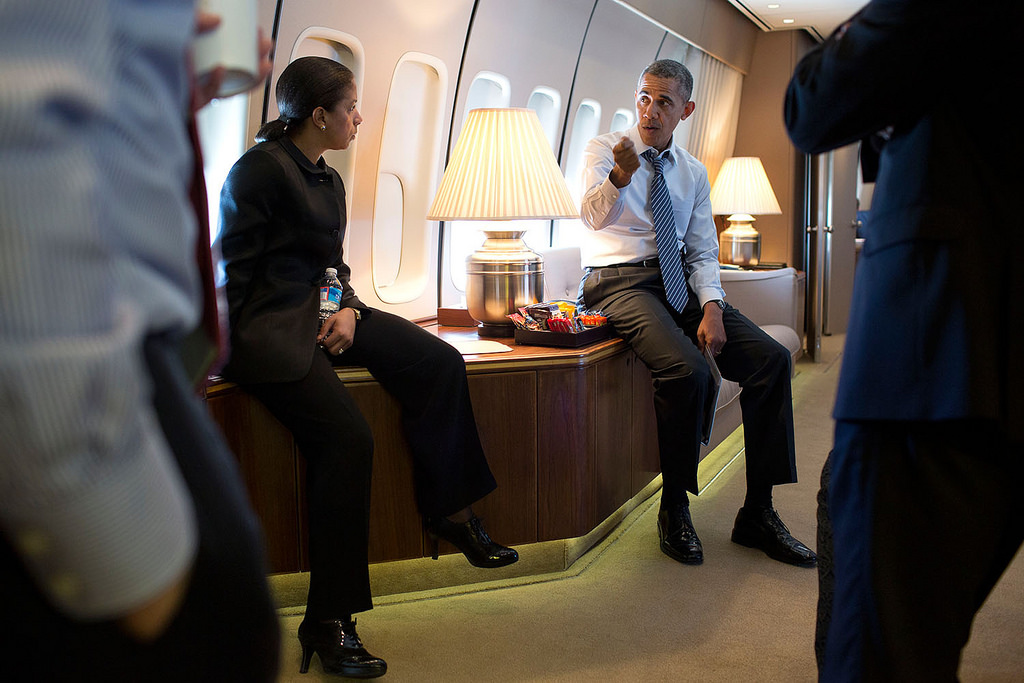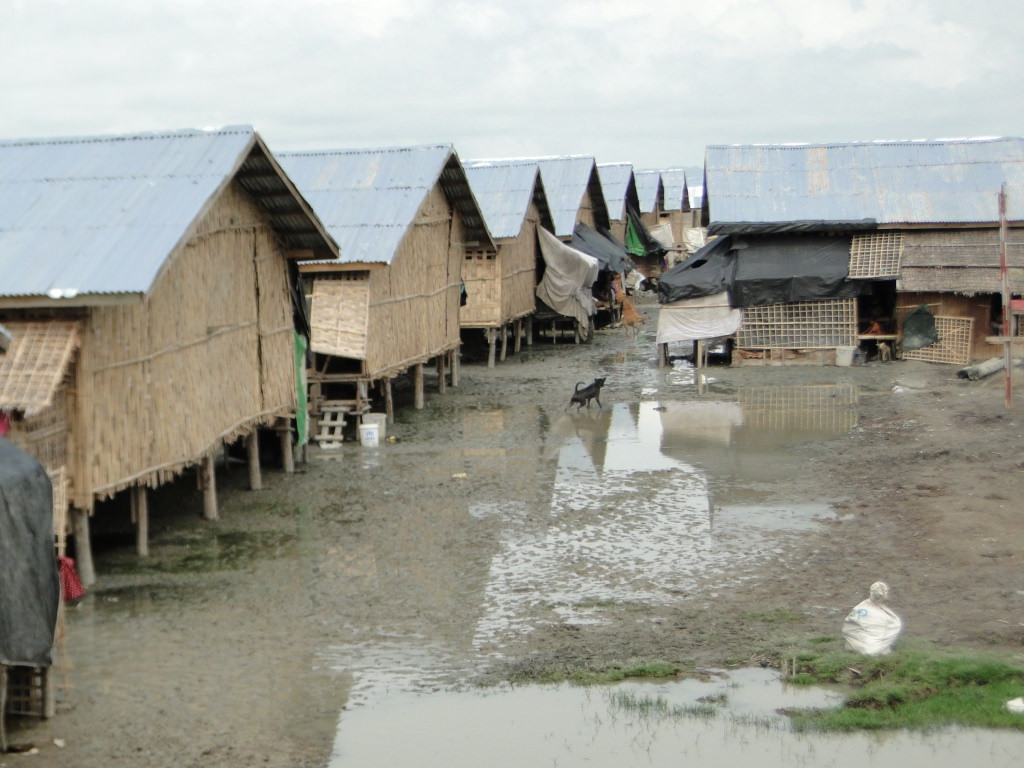By Joe Young
Like all academics, I am a hoarder. I hoard books. A proud academic has shelves of books in their office, at their home, and in their home library/office. An urban legend is that one of the foremost scholars of war had to reinforce his home office above his garage as it was nearly going to collapse under the weight of his extensive collection.
Whether it is necessary to physically own books or whether this will very soon all be electronic is for another post. My purpose here is to identify a few books that every interested student/scholar/observer of political violence should own (and read too, right?). Here goes (in no particular order):
- Why Men Rebel, by Ted Robert Gurr. Sure, it should be Why People Rebel, but this book was decades ahead of its time in many other ways. Gurr was doing cross-national statistical analysis of violence when it required literally computations on paper. Beyond Gurr being first to the party, his book is extremely clear conceptually, offers loads of hypotheses from a small basket of assumptions and promoted psychological explanation for individual and mass violence.
- States and Social Revolutions, by Theda Skocpol. This book is the gold standard for rigorous qualitative methods. Skocpol offers a parsimonious explanation for why states succumb to social revolutions that bridges the international and domestic divide that plague many explanations of violence. Some scholars chafe at her structuralist explanation (there are no people in her story), but hers is the finest book in this tradition.
- The Logic of Violence in Civil War, by Stathis Kalyvas and Inside Rebellion by Jeremy Weinstein. With the decline of major power conflict and in the shadow of raging civil wars across the globe, the academic study of civil war blossomed in the late 1990s and early 2000s. In the mid 2000s, Kalyvas and Weinstein wrote two of the most important works on the topic, which are destined to be classics. Kalyvas’ book is a methodological tour de force and unpacks how territorial control can explain patterns of discriminate and indiscriminate violence in civil war. Weinstein uses rigorous qualitative methods to explain a similar phenomena, but places emphasis on initial resource endowments and their effects on the use of indiscriminate violence by rebel organizations. Both offer explanations beyond the usual suspects of poverty and state weakness to explain the use of violence in what may be the most deadly form of political violence.
- Something by Charles Tilly. Political violence can be studied and explained using many different lenses, but Tilly and his colleagues offer a social movement approach that explains dynamic interaction between states and dissidents and how this contention can lead to a variety of violent and nonviolent outcomes. His work on the process of state-building is also seminal and informs many of the current problems across the globe from Iraq to Mali. I hesitate to choose one book as his thinking evolved over the years. Dynamics of Contention (with his venerable colleagues Doug McAdam and Sidney Tarrow) is one I continually return to for inspiration and From Mobilization to Revolution is a classic treatise on social movements and how change in society can occur outside of formal political processes.
Honorable Mention
The Political Economy of Terrorism, by Walt Enders and Todd Sandler
The Moral Economy of the Peasant AND Weapons of the Weak: Everyday forms of Resistance, by James C. Scott
No Other Way Out, by Jeff Goodwin
Political Order in Changing Societies, by Samuel Huntington
What would you add to the list?
*I deliberately omitted books from authors that contribute to this blog. There are some impressive books by these folks that you should own, but I’ll leave it to you to make that call.






33 comments
I am missing a few economists, such as Douglass North’s last book ‘violence and social orders’. And variuos work from Acemoglu and Robinson.
It’s a different tradition than the ones mentioned, but perhaps still noteworthy?
Tord, North is a glaring omission. Good point. I have not read Acemoglu and Robinson’s recent book, but I was underwhelmed when I read the book reviews. When economists argue institutions matter for development, we political scientists yawn. I should read it though.
Hehehe, you know, most economists also yawn at economists talking about violence. And I forgot about Bates, as mentioned below.
A&R are good, I think, but you’ll go a ling way with just reading their blog.
Donald Horowitz – Ethnic Groups in Conflict
Will Reno – Warlord Politics
Charles Tilly – Coercion, Capital and European States
Scott Strauss – The Order of Genocide
Stephen Ellis – The Mask of Anarchy
Benjamin Valentino – Final Solutions
Ashutosh Varshney – Ethnic Conflict and Civil Society
Paul Brass – The Theft of an Idol
Ian Lustick – Unsettled States, Disputed Lands
Generally speaking, a wide breadth of knowledge of various case studies is helpful…
Sean, great list. Horowitz and Varshney barely missed my cut. I am thinking about a follow-up post on the best books that are primarily case studies (academic) or journalistic accounts of conflict.
If you include Scott’s Moral Economy, should you not also include Popkin’s Rational Peasant? And I would also add Mao and Che’s writings on guerrilla warfare. Who better to tell the story than the leaders themselves?
Jeremy, this reminds me that I need a list on political violence by practitioners/specialists in violence. Abu Muqawama had a similar reading list, but there is more to say on this. Yes, Popkin’s book could definitely make the cut.
If I had to add just one, it would be Horowitz, Ethnic Groups in Conflict.
Stephen, I agree. My criteria was simple: Do I go back and read sections of this book often? If no, why own it? Horowitz clearly passes this test. Based on shear girth, only Skocpol is any competition.
I really like Robert Bates’ Prosperity and Violence, which, like the later Violence and Social Orders, reminds us of the essential connection between coercion and political order. Money quote (p.26):
“Those who engage in politics, rather than production, specialize in the use of violence. Most commonly, they use power to redistribute, not to create, wealth. As acts of redistribution often inflict losses, the use of force often destroys. For power to be used to produce wealth, coercion must therefore be used in new ways. Those who specialize in the use of force must refrain from violence and delegate their authority to those who will employ it productively.”
Thanks Jay. I may steal the quote and pop it into a paper I am working on. Reminds me of some of the points Jackman makes in his book Power without Force.
Ooo, I fogot Bates… The qoute is brilliant, by the way!
Violence is academic until someone actually hits you. And most of us do not expect to be hit. We argue, discuss, throw accusations and insults, not fists. Regardless of politics and economics violence is predominately an issue of young males trying to find their place in society. Some join gangs, some police, some the military. And any *ism will do just fine as a reason to manhandle, beat or rape someone.In the west we have sports to channel and control violent impulses. A book like ‘Anatomy of Violence’ by Rory Miller presents a less academic and more realistic view on day-to-day violence. “Watch my Back” by Geoff Thompson will do too.
Thanks for the suggestions. I don’t know these. Based on the Amazon descriptions they are more micro level books about how non-specialists in violence can respond to criminal types. Interesting.
actually the authors are more of an authority on a “been there done that” basis. I stood by when my best friend had her nose broken by a punk. It happened so fast and was over before I could even think. It also taugh me a lesson about violence and how it happens. Looks like you are all about theory.
I like the additions of Bates, Reno, and North, Wallis & Weingast because the primary recommendations in the post focus predominantly on violence challenging the state. States use violence too – more frequently, in fact, than other actors.
One book on state-directed violence that should make a list like this is Rejali’s Torture and Democracy. It is the best book about modern torture and it highlights western democratic states and their use of this form of violence.
I was just looking for something like that. Thanks for the recommendation!
Thanks for the comprehensive collection (also in the comments!). I noticed that most of the literature has a focus on politics / political economy. Taking a wider social science perspective, some more authors come to my mind:
– Herbert Kelman (e.g. Crimes of Obedience, Torturers and Their Masters)
– Zygmund Bauman (e.g. Modernity and the Holocaust)
– Hannah Ahrendt (e.g. On Violence, The Banality of Evil)
Great suggestions. Arendt’s books are on one of my shelves.
Jeremy Weinstein, Inside Rebellion
Sinisa Malesevic, The Sociology of War and Violence
Alex Downes, Targeting Civilians in War
If only there were a good book on strategic nonviolence. I’ve read Schock’s, which is quite interesting…We might need a separate list…Erica?
Lee Ann Fuji – Killing Neighbors. Webs of Violence in Rwanda
Elizabeth Wood – Insurgent Collective Action and Civil War in El Salvador
Bill Buford – Among the Thugs
Talking about social movement: Donnatella della Porta – Social Movements, Political Violence, and the State (and her upcoming book on clandestine violence)
Wood’s book is one I wish I had written. Like Kalyvas’, it has it all. Deep case knowledge, formal models, etc. I don’t know Buford’s book, I’ll check it out. Thanks for the suggestion.
Inspired by this discussion I would like to engage in bandwagoning. I am looking for books specifically on processes/mechanisms of escalation and de-escalation of non-state actors’ political violence one should own. Any suggestions?
Janusz, Wendy Pearlman’s 2011 book “Violence, Nonviolence, and the Palestinian National Movement” is good on this. Adria Lawrence and I also co-edited a book called “Rethinking Violence: States and Non-State Actors in Conflict” (2010) that contains a few very good chapters by Adria Lawrence, Kristin Bakke, Wendy Pearlman, and Kathleen Cunningham & Emily Beaulieu on this question.
erica, thanks a lot for the suggestions. I already know parts of your edited volume but will now take a look at the chapters you mentioned. I did not know Pearlman’s book so far. Thx!
James B. Rule’s “Theories of Civil Violence” (1988) is one other (generally overlooked) gem.
Reblogged this on The Political Cogito.
Amazing list! Here are some other very good books on political violence:
Snyder 2000 From Voting to Violence
Horowitz 2001 The Deadly Ethnic Riot
Brass 2003 The Production of Hindu-Muslim Violence in India
Wilkinson 2006 Votes and Violence